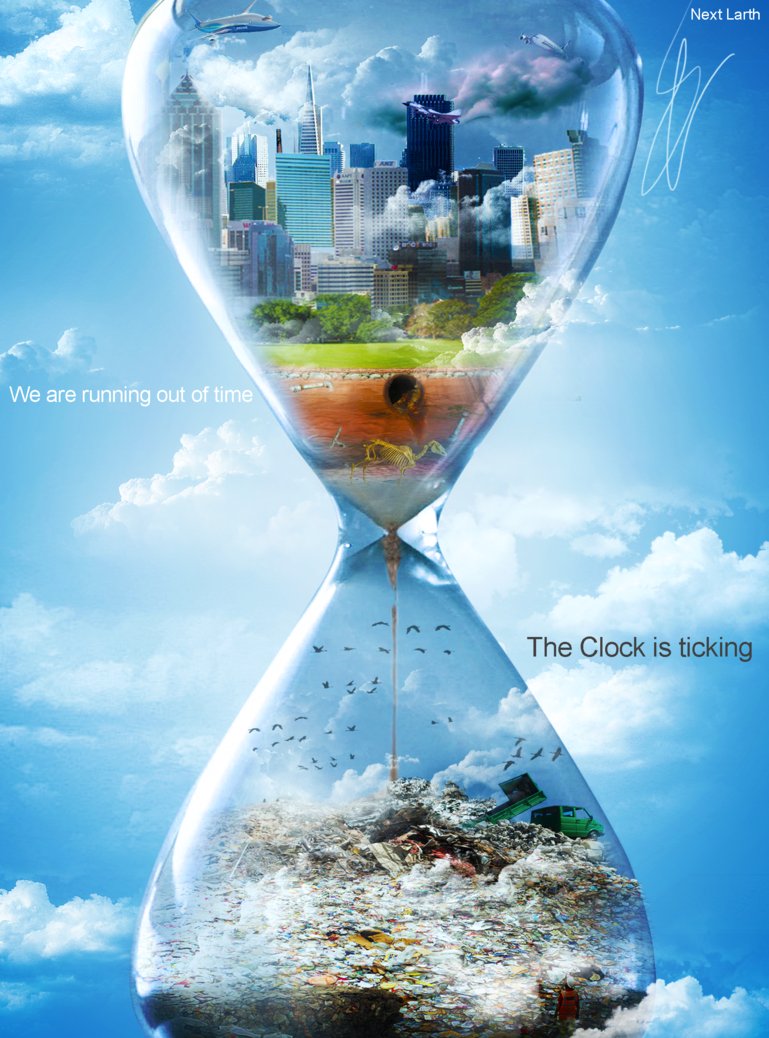Researching an environmental organization of shared intent and goals, I was struck by a core question on its homepage: “What are we not paying attention to?”
 As much as I agree economically and politically with the core values of many non-governmental organizations that care about the health of the earth and humankind, there are underlying philosophical premises that need to be brought forth and examined.
As much as I agree economically and politically with the core values of many non-governmental organizations that care about the health of the earth and humankind, there are underlying philosophical premises that need to be brought forth and examined.
I fully concur with this core statement, which defines the basic economic assumption that is driving the destruction of the planet: “In a world powered by petroleum and constructed of steel, cement and plastic, one would expect that some consideration would be given to limits. Governments around the world, however continue to advocate for a growing GDP.”
You’ll never hear Paul Krugman say such a thing. No matter how progressive the economist, they promote continued growth as indispensable to healthy economies. Indeed, the terms growth, prosperity and healthy economies have become synonymous.
They aren’t. Growth, in the old and continuing sense of the word, has become antiquated and antithetical to the health of the planet and humanity.
That is obvious to anyone who holds in mind three driving and clashing forces—human population, man’s decimation of species and ecological systems, and corporate greed and rapaciousness.
So what are we not paying attention to? For every environmental organization I know of (there must be exceptions, and I’d like to learn of them), the answer, in philosophical terms, is more particularity.
The particularity in question that we are not paying attention to according to leading environmental organizations is Persistent Organic Pollutants (POPs). Especially “plastic thrown or washed into the ocean which attracts and concentrates POPs then breaks down into particles that are ingested by fish at the bottom of the food chain.”
Without question, POPs are a major source of pollution that aren’t being sufficiently addressed, but the question is, is the approach of particularity sufficient to bring whole systems back into balance? Or is particularizing problems at the root of the problem?
If the root cause of man’s disruption of the earth and decimation of its animals and plants is fragmentation, then how can the solution be  particularity? Putting the particular before the whole adds to fragmentation.
particularity? Putting the particular before the whole adds to fragmentation.
By fragmentation I mean the tendency of symbolic, conscious thought to lose sight of the fact that the ‘things’ it separates from the environment for our use are not actually separate at all. Losing sight of this fact, higher thought became like the Sorcerer’s Apprentice, and began to fragment the earth and humanity all to hell.
Since human consciousness is the source of fragmentation, then it follows that what we’re not paying attention to is a fragmentary way of thinking and acting.
There’s been much talk of wholeness in recent years, even decades, but humankind is more fragmented than ever, and the ecological manifestation of that fragmentation is nearing its limits.
Those who deny that there are any limits to man’s destructive activity on the planet will be viewed with much more scorn and ridicule by future generations than people of our time view those who continued to believe the earth was flat after it was proven to be round.
To begin to end the fragmentation of the earth and humanity, enough people (perhaps only 1%) need to have a working understanding within themselves of the operation and rightful place of higher thought. As things stand, even most scientists don’t have such understanding, but believe reason (one function of thought) can extricate humankind from this crisis.
As President Obama exemplifies, reason alone is inadequate to meeting the crisis of human consciousness. Indeed, when reason is put first, it adds to the human crisis.
What are we not paying attention to is the movement of thought, along with the emotional foundation of separate selfhood that goes with it.
To my mind attending to thought means enjoyably making the space daily to watch thoughts and emotions in the mirror of nature with such effortless intensity that they are instantly incinerated in the flame of attention as they arise.
So different is consciousness based on symbol, separateness and memory from consciousness based on insight, understanding and wholeness that the awakening of the latter by humankind means the emergence of a different species of human being.
Attending to the right thing—the movement and mechanism of thought—in the right way is what brings order and peace to the individual, and to humanity.
Martin LeFevre

